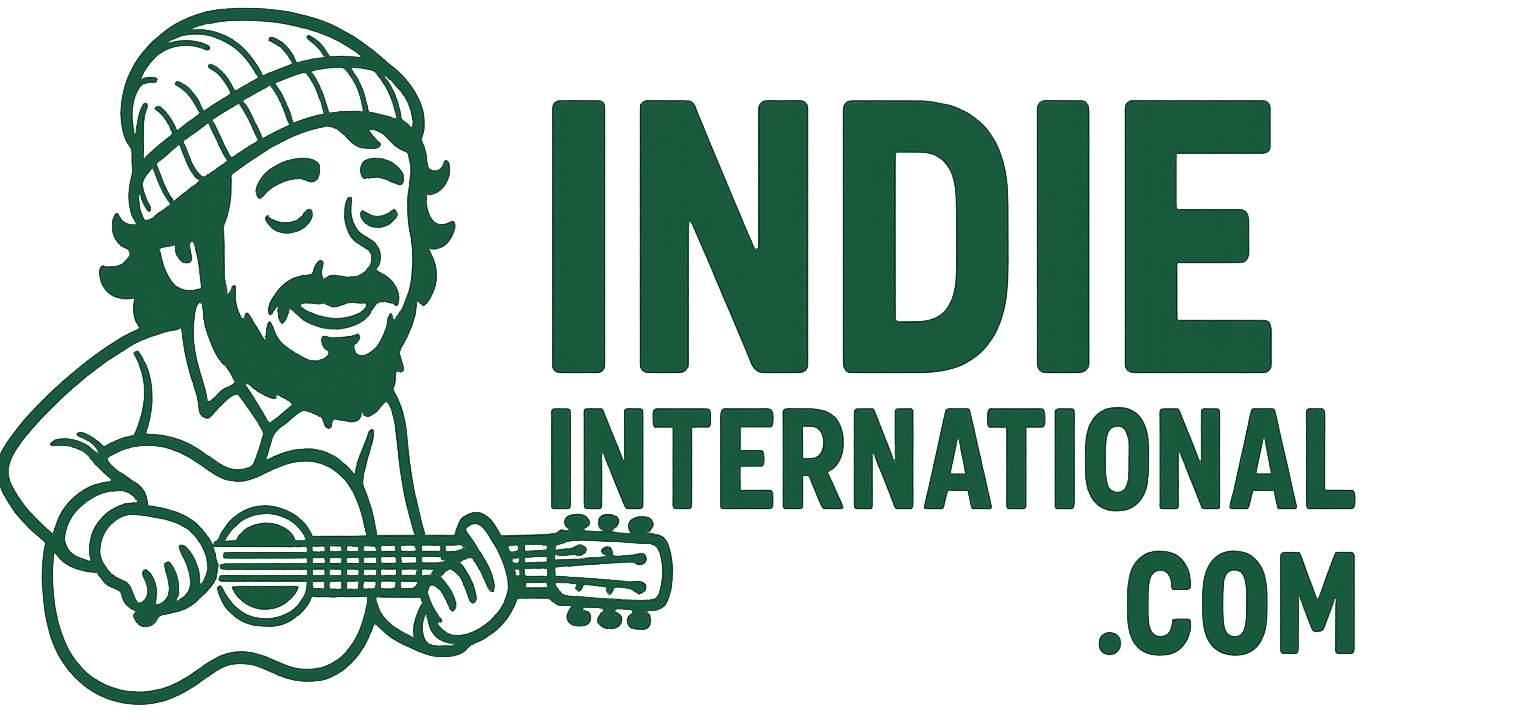Plugins have become an essential part of my songwriting process, not just for mixing and mastering, but for sparking ideas, shaping sounds, and adding depth to demos. Whether I’m working on a stripped-down acoustic track or a layered pop arrangement, the right plugins give me the flexibility to experiment without needing racks of expensive hardware. Over the years, I’ve built a set of tools that I can rely on to make the creative process smoother and more inspiring.
When I talk about Must-Have Plugins for Songwriters, I’m not just listing popular names for the sake of it. I’m focusing on the ones that genuinely make a difference in workflow, creativity, and final song quality. These are tools I return to over and over again because they help me translate an idea in my head into something real and listenable.
Virtual Instruments That Spark Ideas
I often start a new song by experimenting with virtual instruments, especially when I’m not near my main instrument. A high-quality piano plugin, for example, can completely change the mood of a song. Even if I’m writing on guitar, switching to a virtual piano sometimes opens up new chord voicings or melodic possibilities.
For orchestral textures or background layers, I like having a plugin that offers realistic strings, brass, or woodwinds. The emotional lift a single cello note can give to a chorus is incredible. Virtual instruments also allow me to explore sounds I’d never have access to in real life, like exotic world instruments or analog synths from the 80s.
Drum and Percussion Tools
When I need rhythm inspiration, drum plugins are invaluable. Instead of programming each hit manually, I often use groove libraries that come with pre-recorded patterns. They’re not just time-savers, they’re idea starters.
Sometimes I’ll find a drum groove that’s completely outside my usual style, and that pushes the song into unexpected territory. I can always customize or simplify later, but starting with a lively rhythm helps me avoid the dreaded “metronome fatigue” that can come from writing with nothing but a click track.
Creative Effects That Shape the Mood
One of my favorite parts of working in a digital environment is how quickly I can experiment with effects. A simple acoustic guitar part can become a dreamy soundscape with the right combination of reverb and delay.
Chorus, phaser, and flanger effects can also work wonders when used tastefully. They can turn an ordinary pad sound into something atmospheric, or give a vocal line subtle movement that makes it feel more alive. Even distortion plugins aren’t limited to guitars, they can add grit to vocals, synths, or even drum loops.
Vocal Processing Essentials
Since vocals are the focal point of most songs, having a solid vocal chain is essential. I like starting with a gentle compressor to smooth out dynamics, followed by an EQ to bring out clarity. A touch of reverb or delay gives the vocal a sense of space, and in some cases, I’ll add subtle saturation to give it warmth.
Pitch correction plugins can also be useful, not just for fixing mistakes, but for creating stylistic effects. Used sparingly, they can polish a performance without making it sound robotic. Used creatively, they can become part of the song’s character.
Mixing and Mastering Tools
Even for a songwriter-focused demo, a well-balanced mix makes a big difference in how the song is perceived. I keep a small collection of EQs, compressors, and limiters that I know inside and out. This way, I’m not distracted by too many choices and can focus on getting the song to sound clean and impactful.
Mastering plugins that combine EQ, compression, and limiting in one interface are great for quick results. I’m not trying to compete with fully mastered commercial tracks, but I do want my demos to sound full and balanced so they make a good impression.
Plugins for Inspiration and Experimentation
Sometimes the best plugin isn’t the most technically impressive one, but the one that makes me think differently. Random arpeggiators, granular synthesis tools, or chord-generating plugins can all spark ideas when I’m feeling stuck.
There have been times when I opened a plugin with no plan, hit a few notes, and suddenly had the seed for an entire new song. That kind of creative unpredictability is something I value just as much as reliability and quality.
Workflow Boosters
Beyond sound generation, there are plugins designed to make the writing process faster and more organized. Multi-effects processors save me from loading multiple separate plugins for each track. Channel strip plugins combine EQ, compression, and gating in a single unit, speeding up mixing decisions.
Some plugins even have built-in songwriting tools like key detection, chord analysis, and tempo syncing. While I don’t rely on these entirely, they’re great for confirming ideas or making quick adjustments without breaking the creative flow.
Budget-Friendly Options
Not all Must-Have Plugins for Songwriters have to be expensive. Many developers offer free versions of their paid products, and there’s an entire community of plugin makers releasing quality freeware. Some of my most-used tools cost nothing at all.
The key is to try a lot of options and keep the ones that fit my workflow. I’ve learned that a small, carefully curated collection of plugins beats a huge folder of rarely-used ones.
Keeping Plugins Organized
As my collection has grown, I’ve found it essential to keep my plugins organized by type, virtual instruments in one folder, effects in another, and so on. This helps me find what I need quickly and avoid wasting time scrolling through endless lists.
I also make notes on which plugins I used for certain songs, so if I want to revisit a sound later, I can recreate it easily. This small habit has saved me countless hours when revisiting old projects.
Knowing When to Stop Adding Plugins
It’s easy to fall into the trap of thinking the next plugin will solve every creative problem. I’ve been there, downloading new tools constantly but spending less time actually writing. Now I focus on mastering the plugins I have before looking for new ones.
Sometimes, the best way to finish a song is to work within limitations. Fewer choices can lead to faster decisions and stronger creative focus.
Plugins That Travel Well
I often work on music in different locations, so I appreciate plugins that are lightweight and easy to install on multiple machines. Cloud-based licenses or portable installations are a lifesaver when switching between my main computer and a laptop.
This portability ensures that my workflow stays consistent, no matter where I’m writing or recording.
The Role of Plugins in Modern Songwriting
The more I work with digital tools, the more I see how deeply they’ve become part of the songwriting process itself. Plugins aren’t just for polishing a finished track, they’re part of the creative journey from the very first chord to the final mix.
Whether it’s finding the perfect piano sound, shaping a vocal, or experimenting with textures, the right plugin can make the difference between a good idea and a finished, shareable song.
Final Thoughts
Exploring Must-Have Plugins for Songwriters is really about finding the tools that make the creative process smoother, more inspiring, and more productive. Every songwriter’s list will look a little different, but the goal is the same: to have a set of reliable, inspiring plugins that you can turn to whenever inspiration strikes.
With a thoughtful approach, even a modest selection of plugins can open up endless creative possibilities. The key is to know them well, use them intentionally, and let them support, not replace, the heart of the song.

